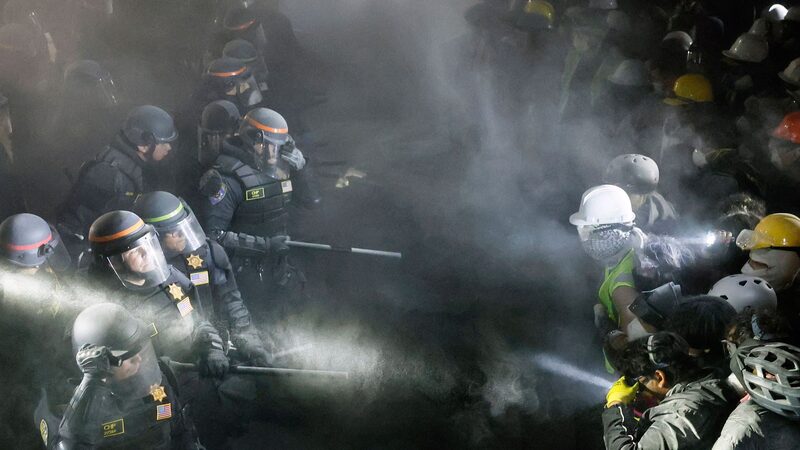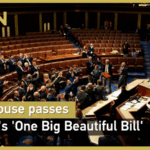The U.S. Senate is set to vote on a significant bill aimed at combating anti-Semitism. Passed by the House on May 1, the legislation seeks to broaden the definition of anti-Semitism to include the \"targeting of the state of Israel, conceived as a Jewish collectivity.\" 🇺🇸📜
Interestingly, while the bill's authors are Republicans, some within the party have voiced strong criticisms. They worry that a particular section making it illegal to claim \"the Jews killed Jesus\" could clash with the beliefs of many Christians, potentially leading to arrests for expressing these views. 🤔✝️
Beyond politics, anti-Semitism remains a pressing issue in the U.S., much like other forms of hate against various communities. Recent protests on college campuses related to the Israel-Hamas war and the situation in Gaza have brought renewed attention to this problem. 🎓🌍
Some protesters have been calling for \"Zionists\" to be banned from campuses, a term often used pejoratively against Israelis hostile toward Palestinians. This has understandably caused fear among Jewish students, most of whom are there by faith, not nationality. 🙅♂️🕊️
While peaceful protests advocating for divestment from Israeli businesses are within rights, crossing the line by demanding Jewish students be removed is unacceptable. As tensions rise, there's a real risk that these protests could escalate further, challenging university leaders and sparking broader societal fractures. 🚨⚖️
Students are determined to continue their protests, keeping pressure on college administrations to address their concerns. The situation remains tense, with many hopeful for peaceful resolutions but aware of the potential for conflict. ✌️💬
Reference(s):
The missing message in the bill condemning anti-Semitism in the U.S.
cgtn.com






